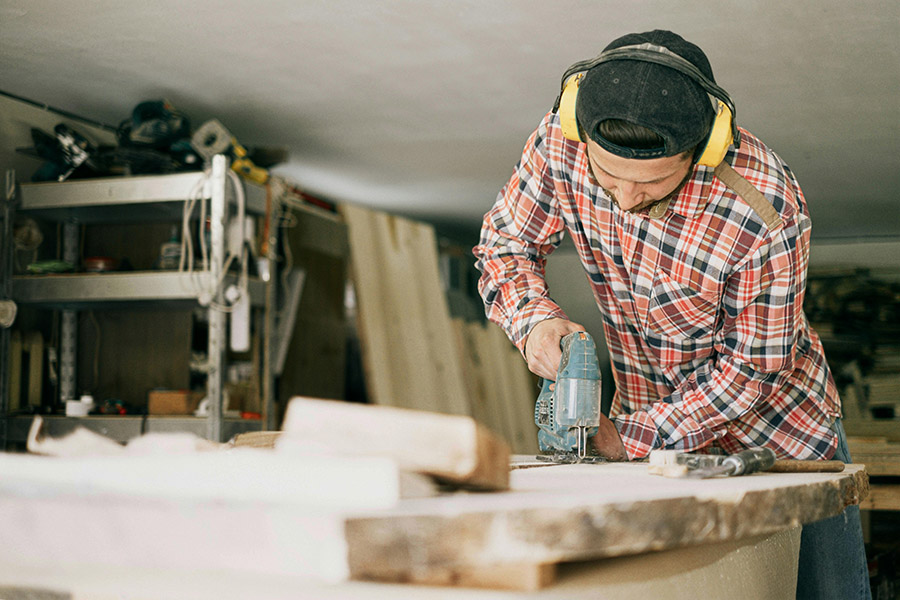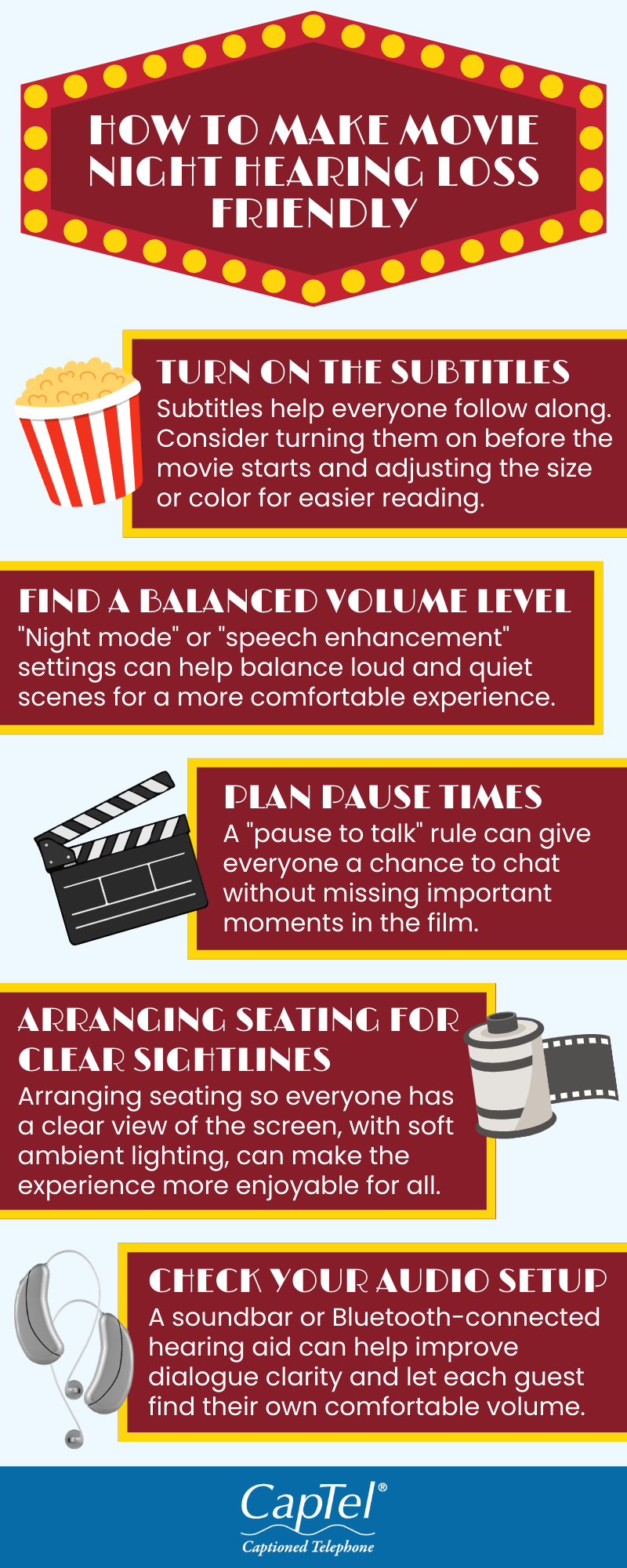Let’s take a look at some ways you can help prevent hearing loss.

Maintaining good hearing health is important at all ages, and there are proactive steps you can take to help protect your hearing. While some changes in hearing are genetic or a natural part of getting older, some factors that may contribute to hearing loss are within your control. This blog post will explore some strategies and hearing health changes you can implement to help minimize your risk of developing hearing loss.
Loud Sounds
One of the most significant contributors to preventable hearing loss is exposure to loud sounds. The delicate structures within your inner ear can be damaged by excessive noise, leading to gradual and often irreversible hearing loss.
Be mindful of volume levels when listening to music, attending concerts, or in your home. Pay attention to the volume of electronic devices such as televisions, radios, and personal music players. A good rule of thumb is the “50/50 rule”: listen at no more than 50% of the maximum volume for no more than 50% of the time. Consider using noise-canceling headphones, especially in noisy environments, as they allow you to listen at lower volumes without missing out on sound.
Limit Exposure to Loud Environments
Certain environments are inherently noisy. Concerts, sporting events with enthusiastic crowds, construction sites, and even some power tool usage can expose you to dangerously high sound levels. When possible, limit the amount of time you spend in these environments. Take breaks and move away from the loudest sources of sound.
Use Hearing Protection
When you know you will be exposed to loud sounds, such as when operating power tools, attending a loud event, or engaging in noisy hobbies like woodworking or lawn care, use appropriate hearing protection. You can use custom-made ear plugs, ear muffs, or other devices approved by your doctor or audiologist.
Be Aware of Your Work Environment
If your work environment involves loud machinery or consistent noise, your employer is legally obligated to provide hearing protection and implement noise reduction measures. Ensure you utilize the provided protection consistently and report any concerns about noise levels to your supervisor or safety officer.
Visit Your Audiologist
Beyond managing noise exposure, regular checkups with an audiologist are crucial for maintaining good hearing health. Just as you schedule regular physicals and eye exams, incorporating hearing evaluations into your routine can help detect any early signs of hearing changes. An audiologist can conduct comprehensive hearing tests to establish a baseline and monitor any changes over time. Early detection of hearing loss or any hearing changes allows for timely intervention and management strategies. Discuss with your doctor when you should begin regular hearing screenings and how often you should have them based on your individual risk factors and history.
By taking these proactive steps, you may be able to prevent hearing loss and maintain good hearing health for years to come. If you have any questions, reach out to your doctor. For more hearing health blogs, visit the CapTel blog.


